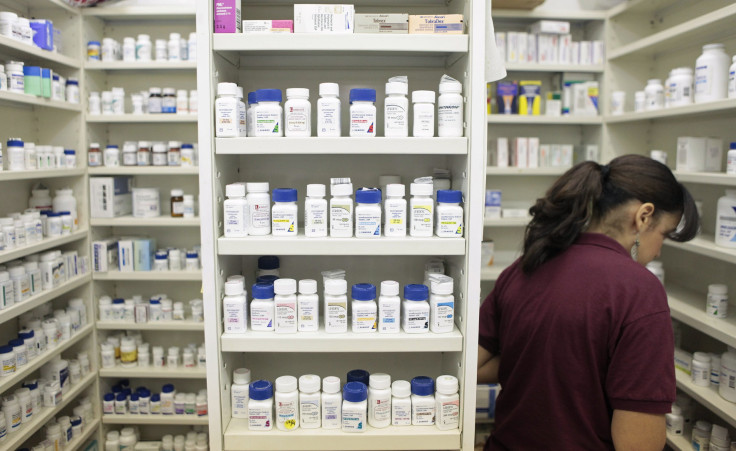Prescribing Antibiotics In The Afternoon: Doctors Suffer From Decision Fatigue, So Get Your Meds Later

Doctors are people, too, and like the rest of us they are more prone to making mistakes when tired. Now, researchers at Brigham and Women's Hospital in Boston have quantified the tendency toward error in one specific area of their medical practices. The new study finds doctors are more likely to prescribe unnecessary antibiotics for respiratory infections later in the day rather than earlier when they’re still fresh. "Doctors get worn down over the course of their clinic sessions," said Dr. Jeffrey A. Linder of Harvard Medical School and lead author of the study.
Decision fatigue is a term used by psychologists to describe how our mental stamina gradually fades as we continue to make choices throughout the day. It can affect anyone, but it most strongly influences the behavior of professionals who make countless decisions in a single day. Judges, for instance, are more likely to simply choose the safe option of denying parole during the last hours of their court sessions rather than in the earlier hours. At its worst, decision fatigue may trigger a rash decision or no decision at all.
For the current study, a team of researchers merged billing and electronic health record data for 23 primary care practices over the course of 17 months. Using billing codes and using electronic data, the team tracked the diagnoses, visit times, antibiotic prescriptions, and chronic illnesses. The team identified 21,867 visits to 204 doctors were related to acute respiratory infection (ARI).
Doctors prescribed antibiotics to their adult patients with ARI in 44 percent of all cases, analysis showed. Antibiotic prescribing increased throughout the morning and afternoon sessions, and, in some cases, they were even prescribed for infections which they cannot help. In fact, about five percent more patients received antibiotics at the end of a clinic session compared to the beginning. Importantly, the study accounted for not only diagnosis, but also the individual doctor — meaning, this pattern became obvious with each single doctor and not just with the group as a whole.
The researchers believe their findings are “consistent with the hypothesis that decision fatigue progressively impairs clinicians’ ability to resist ordering inappropriate treatments.” In conclusion, they suggest various remedies, including modified schedules, shorter sessions, time-dependent support, and mandatory breaks. Last but not least, they recommend an all-time favorite decision-making aid: snacks.
Source: Linder JA, Doctor JN, Friedberg MW, et al. Time of Day and the Decision to Prescribe Antibiotics. JAMA Internal Medicine. 2014.
Published by Medicaldaily.com



























